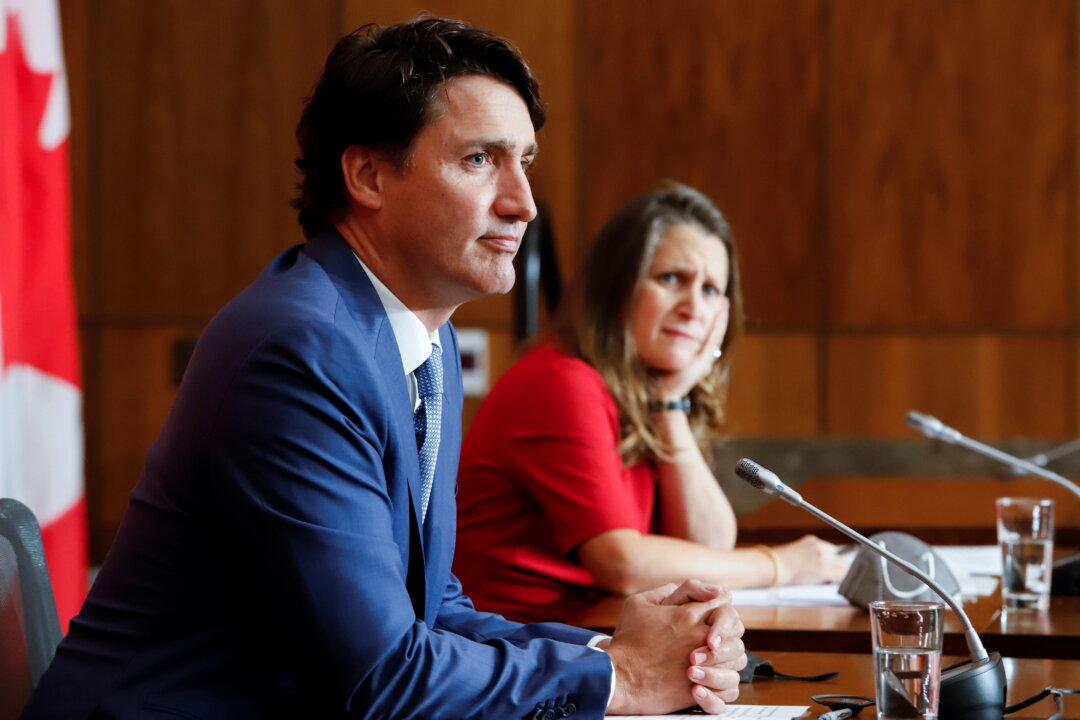In his mandate letter to Deputy Prime Minister and Minister of Finance Chrystia Freeland, Prime Minister Justin Trudeau wants to see top earners and major financial institutions pay higher taxes to help reduce the deficit ramped up by pandemic spending.
In his letter, issued on Dec. 16, Trudeau says Canadians gave his party the mandate “to take bold, concrete action to build a healthier, more resilient future,” with the use of “science and evidence-based decision-making.”





